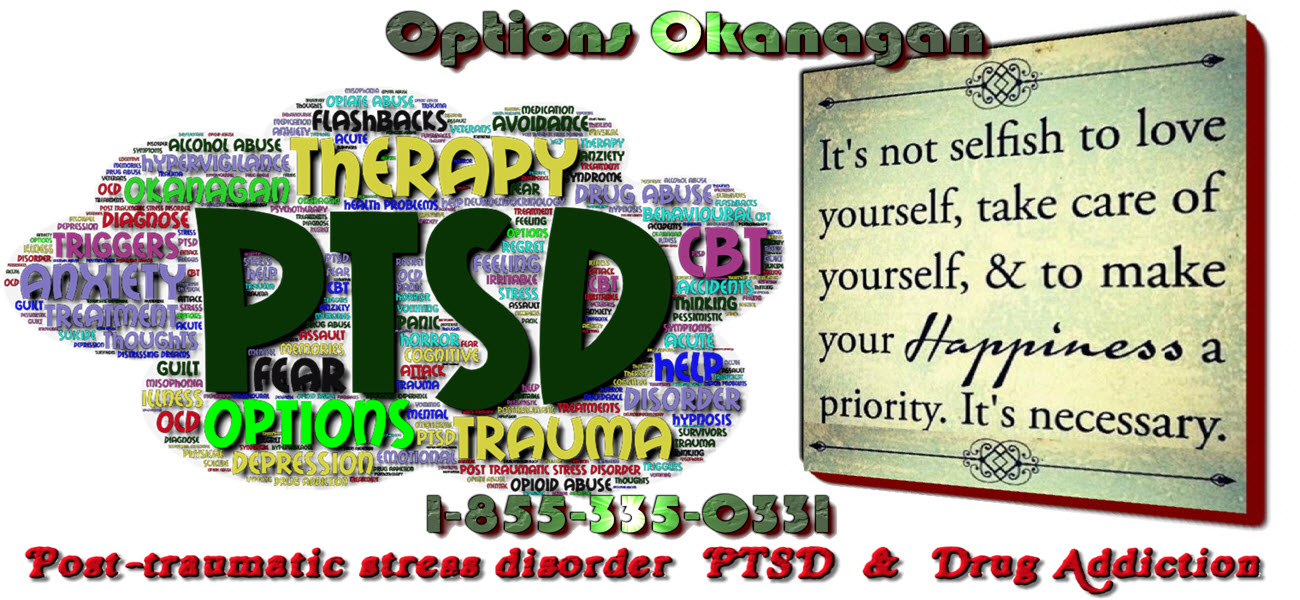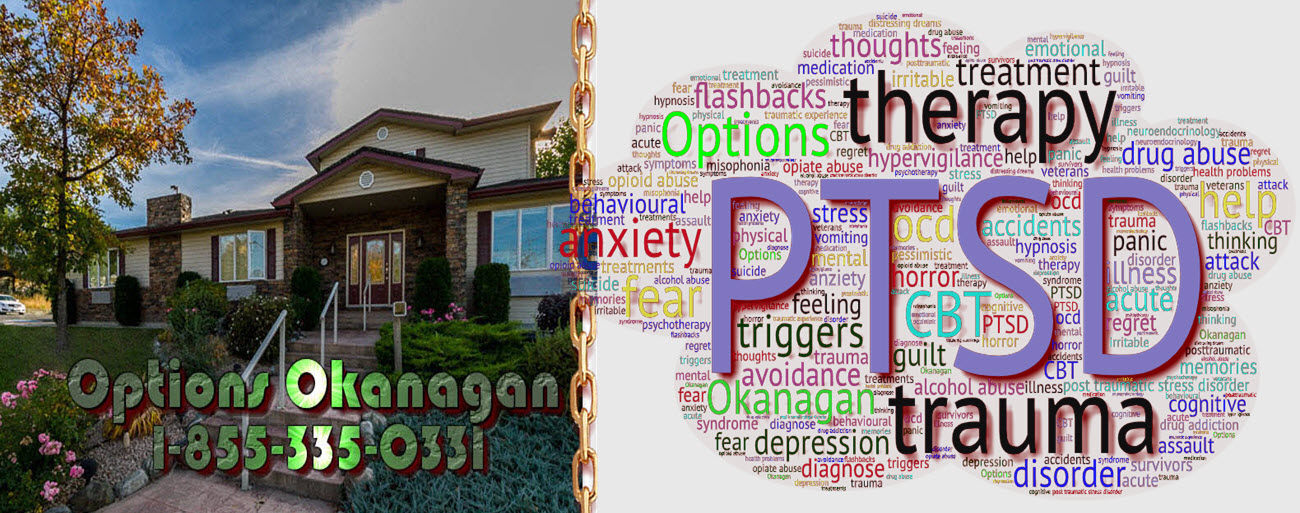Drug and alcohol abuse increases in Canada and the United States and also globally from the COVID-19 virus pandemic. Mental Health Disorder Treatment Programs in BC and Alberta – Opiate and prescription drug rehabilitation programs in British Columbia and Alberta – Options Treatment Center in Kelowna, British Columbia treating prescription drug, opiate, fentanyl, heroin, and alcohol addiction and recovery.
Opioid Rehabs In Alberta And BC
The coronavirus pandemic trauma can cause an increase in drug and alcohol use and abuse not just nationally but worldwide abuse.
Researchers studying drug and alcohol use disorders have found that this pandemic trauma can increase addiction. A study that was conducted in 2008 and the analysis was published by the Centers for Disease Control and Prevention. It was found that inpatient rates for alcohol consumption disorders had increased by more than 37% since Hurricane Katrina. 9/11 and Katrina are still geographically limited, but with the COVID-19 virus, it is everywhere in the world and almost at the same time.
COVID-19 Pandemic & Alcohol Addiction In Alberta And BC
People who work in a liquor and beer store business have noticed a big increase in individuals buying alcohol in larger amounts and a surge in the delivery of alcohol products which shows that many are turning to their old form of relieving anxiety in this COVID-19 pandemic.
Who does not at least think about reaching for a bottle in this pandemic? And according to leading addiction and medical experts, this can lead to a sharp increase in drug abuse.
The past crisis shows that a trauma experience will accompany individuals for years to come, and the way some people deal with it can be a source of sadness and other burdens on the overall health care system.
And in the example after Hurricane Katrina, survivors smoked more, consume alcohol and more often experience alcohol-related health issues. This information emerged from a study conducted by researchers from a leading university after the storm.
There are many individuals who are dealing with trauma and stress, and the majority of addiction counselors and medical experts know that these stressors and other traumatic events, as well as other types of disasters, have made people increase their drug and alcohol use.
So far, substance abuse and psychiatric services that operate toll-free hotlines that provide 24-hour information, and treatment recommendations for those who struggle with drugs and alcohol say that call volumes will not increase much in the first few weeks from the normal volumes. But if the past is a prologue, the effect of what happens today when addiction starts will not be fully visible for a while.
And in 2008, three years after Hurricane Katrina landed, hospitalization rates for drug use disorders in the southern state of Louisiana had increased by more than 36% of illnesses compared to the year before the storm, according to an analysis published by the United States Center for Control and Prevention.
Medical experts and addiction counselors fear this will happen again, and this time it will be at the national and global levels.
The important signal factor to consider is this is a real pandemic and has many addiction counselors and medical professionals very worried. Because, Hurricane Katrina was very much geographically limited to an area of the country in the United States, but with the virus COVID-19, it is all over the world at the very same time.
Medical professionals have compared the effects of surviving a major disaster, losing close friends, family and other relatives, and patients returning from wars and developing PTSD, (Post-Traumatic Stress Disorders). There are many, besides PTSD, will also develop addictions, including alcohol use disorders (AUD).
But, this trauma will not only lead to drug and alcohol abuse in the future for many people; today, it will also cause people to relapse to their drug of choice and other addictions that individuals have and they are not at this time ready or willing to kick them right now. On top of all, this is also a very bad time for the suppression of an individual’s immune system.
One addiction can encourage another, and about 50% of individuals who have alcohol abuse issues also smoke cigarettes. As a result, they also have chronic lung problems and are more likely to develop more complex medical symptoms of COVID-19, including respiratory failure. This is a vicious medical, addiction circle.
Options Okanagan Opiate and Alcohol Treatment Centers in Kelowna, Salmon Arm and Vancouver, British Columbia – Men and Women are recovering and healing from Alcohol and Drug Abuse at our treatment center here in the Okanagan right now.
Our unique and distinctive Opiate Drug and Alcohol treatment program allow men and women to come in from Calgary as well as Edmonton as we offer airport pickup.
Numerous clients come to us from Vancouver, Calgary, and Edmonton and other locations in Alberta and even other provinces for Opiate addiction treatment, heroin drug treatment, many other drugs, and alcohol addictions for rehabilitation because of the uniqueness of our treatment center.
Our (Kelowna) Alcohol and Drug Treatment Program Location:
(Not Mailing Address) – Contact Us – Web Page
For Mail Delivery :: Please contact each center for correct mailing addresses, also this location is the location of our residential treatment programs in Kelowna. Please call Toll Free 1-855-335-0331 – to contact the treatment center you are going to for the address and directions.
Options Okanagan Drug and Opiate Treatment Center
551 Sherrydale Crescent, Kelowna, British Columbia, V1V 2E6
Toll-Free Phone Number: 1-855-335-0331


 or Mental Health Disorder Treatment Programs in BC and Alberta - Options Okanagan.jpg)

